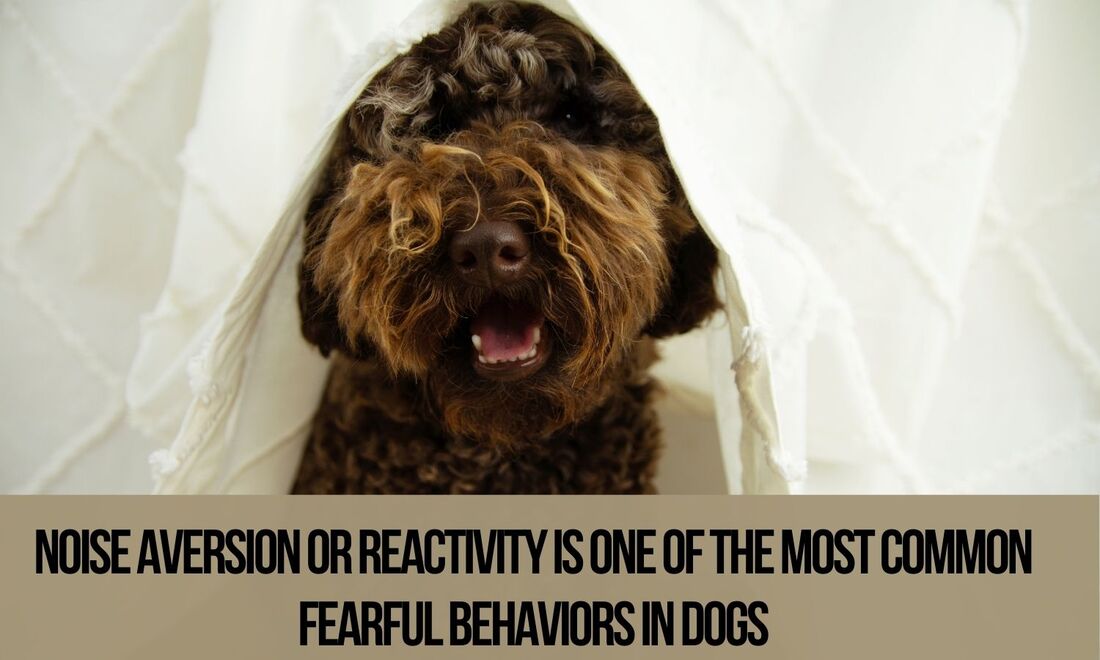|
There are so many reasons why CBD is good for dogs. Do you have a dog that is terrified of fireworks? What about seizures or chronic illness? With the changes in laws regarding CBD, there is growing public interest in the variety of CBD products.. People want to use it to treat everything from anxiety and epilepsy to fibromyalgia and insomnia. But, can it be used for animals? What exactly is CBD? CBD is a chemical compound from the Hemp plant. CBD does not contain THC, which is the component of marijuana that produces a “high”. THC is also a component that veterinarians and experts do not recommend for dogs. CBD oil is said to have a positive impact on neuropathic pain, as well as offer anxiety relief, cardiac benefits, and have anti-inflammatory uses. As humans collect and share evidence of the helpful and medicinal uses of CBD, the natural leading question expands to, is CBD safe or helpful to use for pets? Is CBD safe for pets?In its pure state, CBD appears to be safe and well-tolerated by animals, according to a World Health Organization report conducted in 2017. While the science is promising, there is still not enough evidence on the scientific front to verify the range of possible benefits of administering CBD to animals. However, this is quickly changing. A study to evaluate the use of CBD in treatment-resistant epileptic dogs is being conducted through the Colorado State University’s College of Veterinary Medicine and Biomedical Sciences. The research program started in December 2017 and is granted to run through May 2021. According to the Canine Health Foundation, the randomized, double-blind, placebo-controlled crossover clinical trial will be used to “determine the efficacy of CBD in the treatment of canine epilepsy”. The goal of the study is to discover scientific data on the use, benefits or risks of using CBD oil in animals for the treatment of canine epilepsy.. Other studies are also being conducted, including two studies in 2020 testing CBD for osteoarthritis-related pain in dogs and one to look at anxiety in dogs related to loud noises Can CBD help with anxiety in dogs?Everyone knows how stressful lightning or fireworks can be for dogs. Researchers are hard at work to observe whether CBD can help alleviate these fears in canines. According to an article published in the Frontiers in Veterinary Science Journal, “noise aversion or reactivity is one of the most common fearful behaviors in dogs, with 40 to 50% of dogs demonstrating at least one fearful behavior in response to noise exposure.” Evidence suggests that CBD is a safe and natural aide to this wide-spread problem for our four-legged companions? What type of CBD should you use with your dog?CBD pet care products are available in a variety of forms. Edibles, such as a chewable treats or capsule, an oil to be placed directly in your dogs mouth or added to their food, as well as some creams to be applied to the dog topically.
It is important to pay attention to the type of CBD product you are shopping for. When buying cbd products for your pet, you should be purchasing CBD designed for pets, not humans. Many of the cbd products created for humans contain sugar, and other ingredients that aren’t good for pets. Aside from that, pet CBD products come in flavors your dog will like. The debate is out over whether or not dogs should consume CBD with THC in it. Some experts recommend that pets avoid products that contain any amount of THC. This is because dogs are much more sensitive to THC and metabolize it much slower than humans. Full-spectrum CBD products contain very trace amounts of tetrahydrocannabinol (THC) and are considered safe for pets. However, if you are going to be administering CBD to your dog routinely, you may want to go with a broad spectrum CBD product. CBD products labeled as isolate or broad-spectrum are the most recommended products for dogs to use. Always start with a low dose. See how your dog tolerates it, and whether or not symptoms improve. Be aware that dogs, just like humans, may respond differently to CBD. CBD in larger doses can cause upset stomach, dry mouth, and drowsiness. Monitor your dog’s behavior and increase their dosage gradually if necessary.
0 Comments
Leave a Reply. |
Authors:A collection of quality writing from some very interesting and informed people! Archives
June 2023
Categories |
CBD Store of Michigan
|
© COPYRIGHT 2025 ALL RIGHTS RESERVED.
|
Disclaimer: These products are not for use by or sale to persons under the age of 21. The statements made regarding these products have not been evaluated by the Food and Drug Administration. The efficacy of these products has not been confirmed by FDA-approved research. These products are not intended to diagnose, treat, cure or prevent any disease. All information presented here is not meant as a substitute for or alternative to information from health care practitioners. Please consult your health care professional about potential interactions or other possible complications before using any product. The Federal Food, Drug and Cosmetic Act requires this notice.
Serving all of Michigan: Fremont, Holland, West Olive, Saugatuck, Hamilton, Kalamazoo, Fennville, Douglas, Grand Rapids, Grandville, Hudsonville, Walker, Cascade, Grand Haven, Spring Lake, Fruitport, Nunica, Fremont, Muskegon, Whitehall, Montague, Lansing, Lapeer, Saginaw, Bay City, Flint, Lansing, Troy, Detroit, Ann Arbor, Rochester Hills, Grand Blanc, Farmington Hills, Sterling Heights, Warren, Sandusky, Marlette, Croswell, Imlay City, Pontiac, Frankenmuth, Almont, Metamora, Royal Oak, and Auburn Hills.
Serving all of Michigan: Fremont, Holland, West Olive, Saugatuck, Hamilton, Kalamazoo, Fennville, Douglas, Grand Rapids, Grandville, Hudsonville, Walker, Cascade, Grand Haven, Spring Lake, Fruitport, Nunica, Fremont, Muskegon, Whitehall, Montague, Lansing, Lapeer, Saginaw, Bay City, Flint, Lansing, Troy, Detroit, Ann Arbor, Rochester Hills, Grand Blanc, Farmington Hills, Sterling Heights, Warren, Sandusky, Marlette, Croswell, Imlay City, Pontiac, Frankenmuth, Almont, Metamora, Royal Oak, and Auburn Hills.



 RSS Feed
RSS Feed